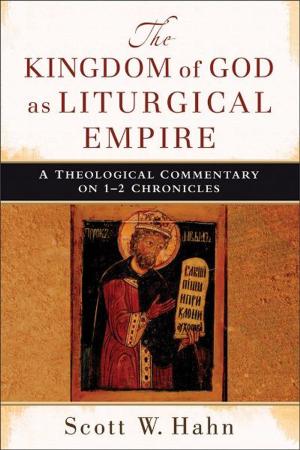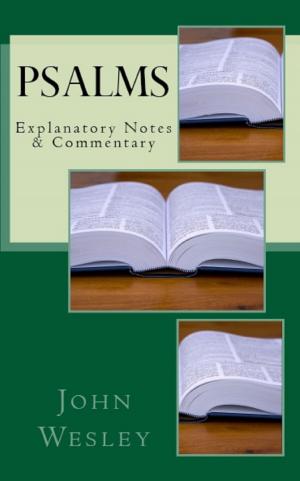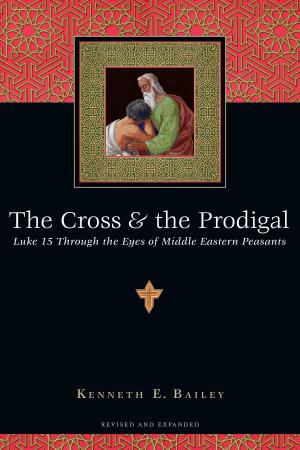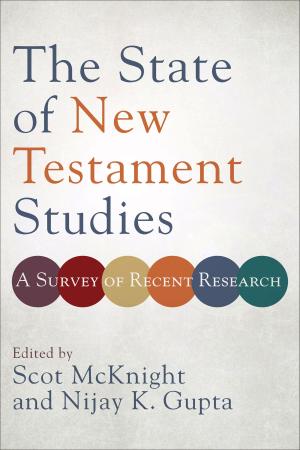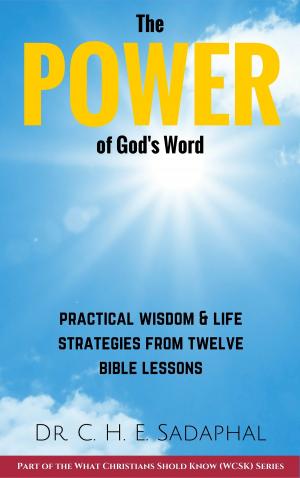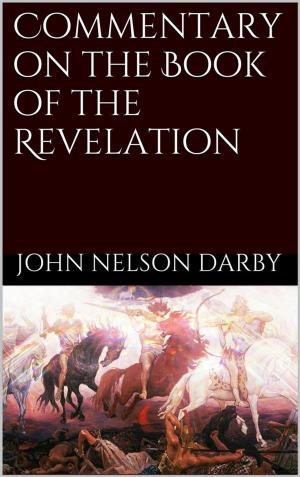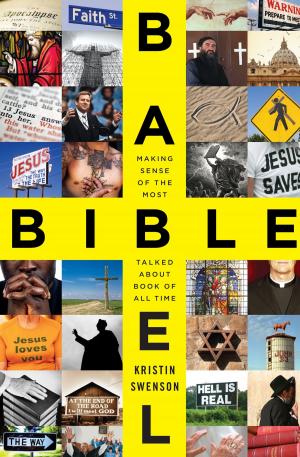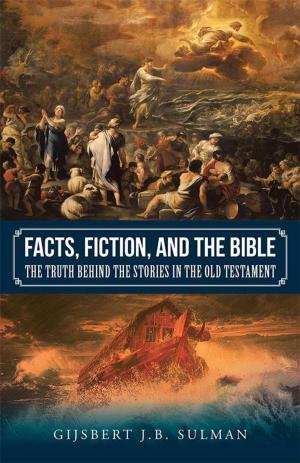Without Guarantee: in search of a vulnerable God
Nonfiction, Religion & Spirituality, Bible & Bible Studies, Criticism & Interpretation| Author: | Bob Purdy | ISBN: | 9780992062507 |
| Publisher: | Bob Purdy | Publication: | September 16, 2013 |
| Imprint: | Smashwords Edition | Language: | English |
| Author: | Bob Purdy |
| ISBN: | 9780992062507 |
| Publisher: | Bob Purdy |
| Publication: | September 16, 2013 |
| Imprint: | Smashwords Edition |
| Language: | English |
Theologians and ordinary people continual to struggle with the God- problem: how can a good God allow such suffering and pain?
Purdy writes in Without Guarantee: "I do not believe God is omnipotent. God is love, and love in human experience is always vulnerable. Love is to boldly commit without guarantee to this life itself. God who is present in all things works from the inside out as love works, from the bottom up not the top down, with the persistent strength of yet vulnerable love. How different is that strength of love from the violence of domination power, experienced in every area of human life."
He explores that difference, rejecting the domination power themes of punishment, retribution, hell. He suggests that in thinking about God we need to use always the metaphorical language of poetry and wonder rather than analytical language of dogma.
In this book Purdy does these things:
• explores in depth the “poetry of devotion and the hyperbole of the heart” while reflecting on biblical metaphors giving meaning to the statement God is Love.
• explores the vulnerability of divine love. If human love is vulnerable, is unconditional Divine Love unconditionally vulnerable? If God is vulnerable, can God also be all-powerful, omnipotent? Is there a vital difference between domination power and the power of love, what he calls the persistent strength of unconditionally vulnerable love?
• asks if we should even use the “power” words about God, given our nearly universal human experience of domination power backed by violence of some kind: physical, economic, military, spiritual?
• explores the kenosis, self-emptying of God. Looking at Philippians 3 from another perspective, was Jesus’ self-emptying not a setting aside of divine glory but rather an accurate representation of the continual self-emptying of God
• explores the vulnerability of God in relation to prayer for healing, drawing deeply from his own personal life and experience
• explores the nature of spiritual authority: is it external or internal?
• explores the vulnerability of God in evolution and the call for justice, and ponders the question: is God longing for a race of lovers?
• shares his commitment to Jesus Christ as Lord and Saviour, our servant Christ who discloses our vulnerable Servant God
• these themes are tied together by a continuing, informal conversation with a young college student over the parish sink
Theologians and ordinary people continual to struggle with the God- problem: how can a good God allow such suffering and pain?
Purdy writes in Without Guarantee: "I do not believe God is omnipotent. God is love, and love in human experience is always vulnerable. Love is to boldly commit without guarantee to this life itself. God who is present in all things works from the inside out as love works, from the bottom up not the top down, with the persistent strength of yet vulnerable love. How different is that strength of love from the violence of domination power, experienced in every area of human life."
He explores that difference, rejecting the domination power themes of punishment, retribution, hell. He suggests that in thinking about God we need to use always the metaphorical language of poetry and wonder rather than analytical language of dogma.
In this book Purdy does these things:
• explores in depth the “poetry of devotion and the hyperbole of the heart” while reflecting on biblical metaphors giving meaning to the statement God is Love.
• explores the vulnerability of divine love. If human love is vulnerable, is unconditional Divine Love unconditionally vulnerable? If God is vulnerable, can God also be all-powerful, omnipotent? Is there a vital difference between domination power and the power of love, what he calls the persistent strength of unconditionally vulnerable love?
• asks if we should even use the “power” words about God, given our nearly universal human experience of domination power backed by violence of some kind: physical, economic, military, spiritual?
• explores the kenosis, self-emptying of God. Looking at Philippians 3 from another perspective, was Jesus’ self-emptying not a setting aside of divine glory but rather an accurate representation of the continual self-emptying of God
• explores the vulnerability of God in relation to prayer for healing, drawing deeply from his own personal life and experience
• explores the nature of spiritual authority: is it external or internal?
• explores the vulnerability of God in evolution and the call for justice, and ponders the question: is God longing for a race of lovers?
• shares his commitment to Jesus Christ as Lord and Saviour, our servant Christ who discloses our vulnerable Servant God
• these themes are tied together by a continuing, informal conversation with a young college student over the parish sink

